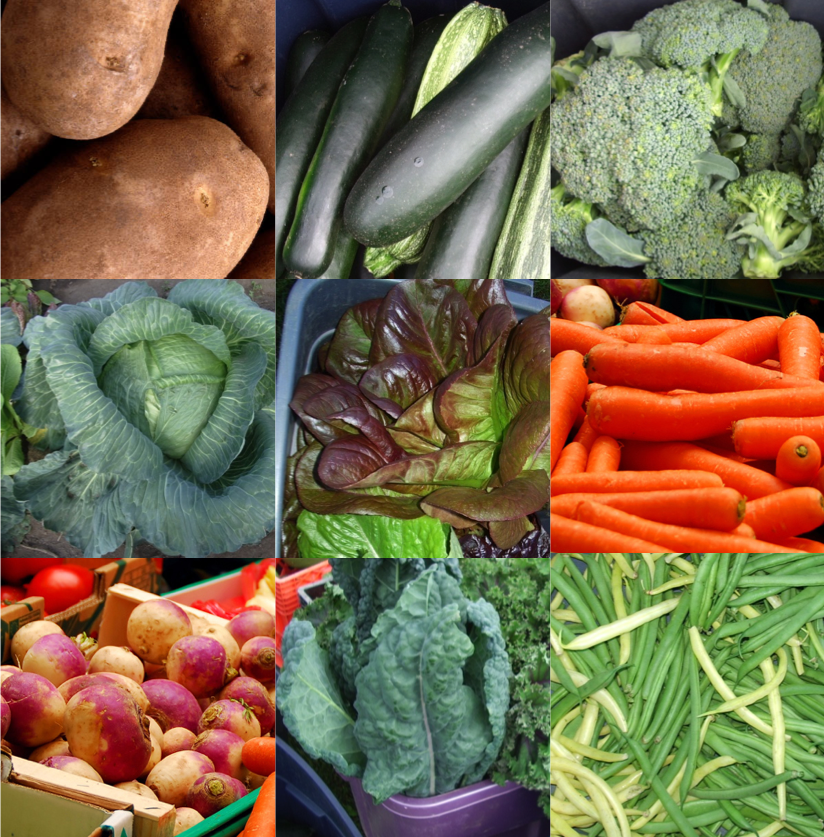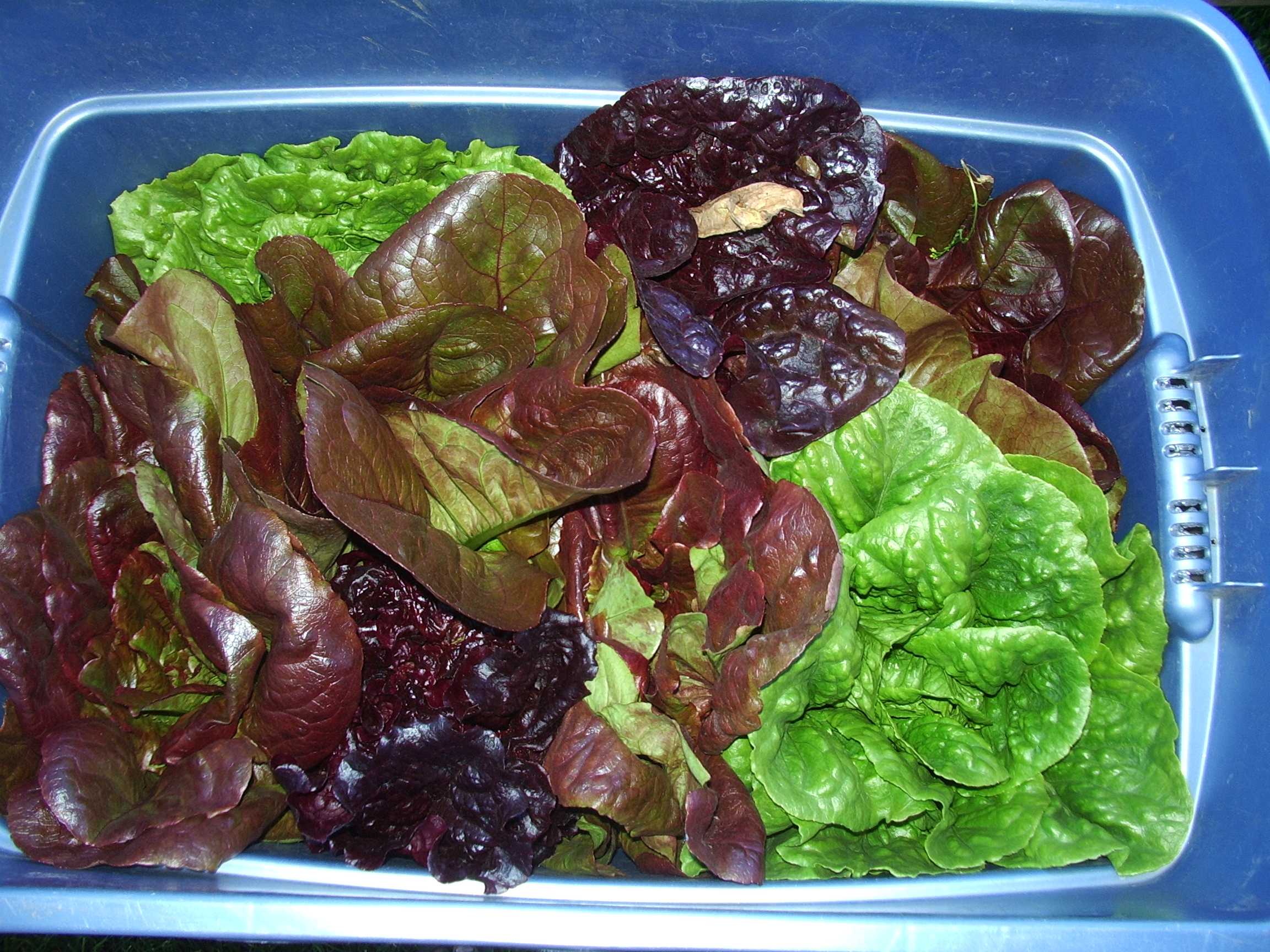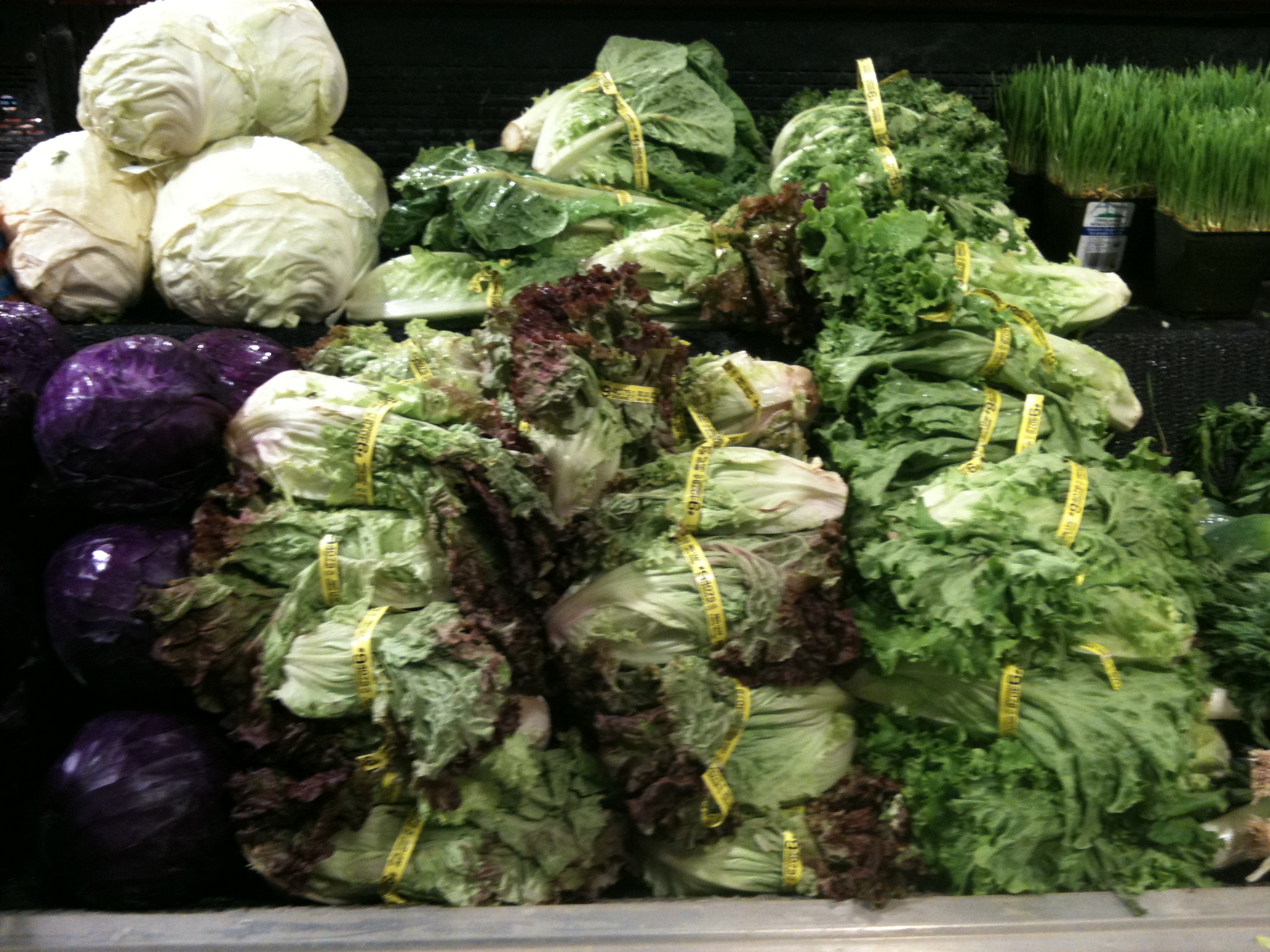Food is cheap in the U.S. and we spend a lower percentage of our disposable income on food than any other country. We cook less and eat out more where a large portion of our food budget goes. But we pay for cheap food in other ways. Industrial agriculture takes a toll on the environment and contributes to climate change, impacts our health, and makes it more difficult for small farmers to be competitive and make a living.

Because food is so efficiently produced and inexpensive to buy, having a garden probably won’t save you money especially if you factor in your time and labor. Establishing a new garden can also cost a bundle to start, this article from the Journal of Extension outlines a cost-benefit analysis of starting a home garden. Gardens add daily chores to your schedule and require someone to water while you’re gone fishing/hiking/hunting this summer (unless you install a drip-irrigation system like I talked about in this article).
If you focus solely on gardening to save money, you might be discouraged pretty quickly and decide not to garden. But you might miss out on the rewards some of growing a garden that have nothing to do with money.
For one–gardening is fun! It’s a great thing to do with kids and there are many studies showing the value of gardens as a teaching tool in all aspects of curriculum–science, math, art–you name it. It also teaches kids responsibility and how to develop a work ethic. Kids are also more excited to eat vegetables that they grew.
Vegetables, berries, and fruit from your backyard are fresher, more nutritious, and tastier. Produce that has journeyed across the world loses nutrients along the way. In order to arrive at grocery stores looking appetizing, varieties are grown for their capacity for storage and harvested before they are fully ripe. Tomatoes are a perfect example of this and why they are so much tastier when grown in your own garden or greenhouse. When you grow your own garden, you can choose varieties based on taste or nutrient content or even for their uniqueness, and you can harvest and eat them when they have fully ripened.
- This is fresh lettuce I grew in Fairbanks. You can see and taste the difference between fresh and not so fresh lettuce.
- Although thankfully lettuce in the grocery store looks better than this, this organic lettuce for sale was definitely past it’s prime.
Another reason to grow your own food is that food produced on an industrial scale relies on an array of pesticides and chemicals to ensure profitability and marketability of their produce. Some types of produce rely on pesticides more than others. The EPA evaluates the safety of individual pesticides, not how multiple pesticides act together. They also have a limited budget to test long-term effects of pesticides on our health and the environment. Produce that comes from countries outside the U.S. also have different safety standards than we do.
Growing a garden is one way to reduce our impact on the environment. It can reduce our carbon footprint by reducing the amount of oil and gas used to transport our food. If we compost, then it can be a way to keep about a third of our waste out of the landfill and put it to good use in our garden. It’s estimated that half of our produce in the U.S. is thrown away. Food waste happens on farms, at grocery stores, and in our homes. Growing all that extra food takes a great deal of water, fertilizer, and other resources. With a little planning and by growing what you like to eat you can minimize waste. Vegetables keep longer in a garden than in the fridge so rather than stocking up at the grocery store and having some of your produce wilt, just harvest from your garden when you want to eat it. Also, you might just save yourself a few trips to the grocery store as well.
Finally, if you grow a garden, you’ll probably cook more at home. That’s good for you and your family, and if you decide to go out to eat less, that actually could save you quite a bit of money. With so many benefits of growing a garden, don’t disparage if you’re not saving money, just focus on all of the other reasons to grow a garden.
Previously published in the Fairbanks Daily Newsminer June 3, 2018.


